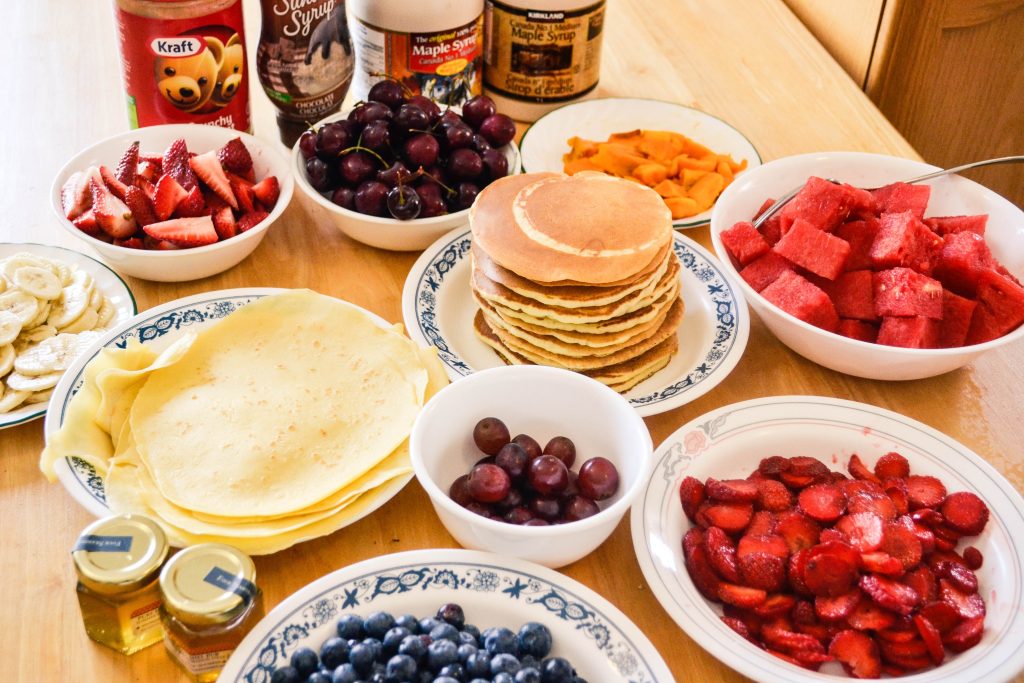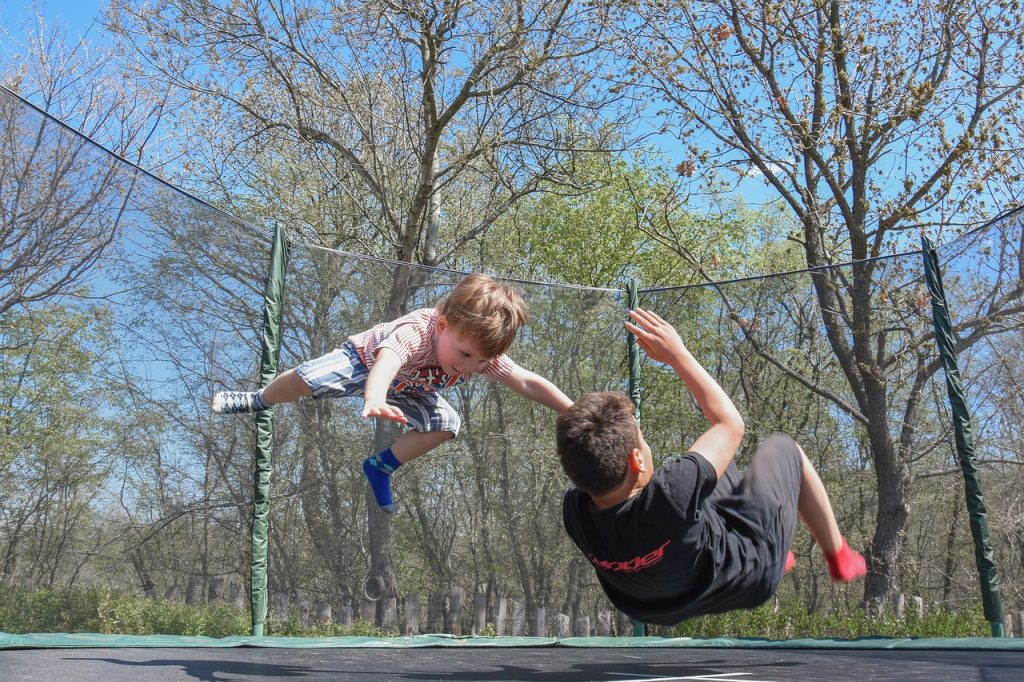There is pretty much a ‘How to Book’ about everything and for Parents, as well as nannies, this is most certainly true! From how to get a newborn to sleep through the night, to potty-training, to raising a well-rounded child. There is a plethora of information in books and on the internet.
The “five-a-day concept”
But some experts think that spending time playing with your child is the key to the rounded child. They suggest parents adopt a “five-a-day” approach with daily activities to help children reach their full potential. The five steps are as follows:
• Read to your child for 15 minutes
• Play with your child on the floor for 10 minutes
• Talk with your child for 20 minutes with the television switched off
• Adopt positive attitudes towards your child and praise them frequently
• Give your child a nutritious diet to aid development
How realistic is it?
Most parents will immediately add up the time involved: a whole forty-five minutes. In addition, there is the time it takes each day to provide nutritious meals. Particularly in households where both parents are working, couples will struggle to put aside this amount of time to play with their children after getting home. It is the dilemma facing every working parent: how to devote enough time to their children, while juggling career demands with household chores.
Doing It All Proves Impossible
In 2020 79% of mothers worked full time compared to 10 years previously when only 29 per cent did, a massive increase. And studies undertaken in America found that “supermoms” who try to “do it all”, are at greater risk of depression. Although employment is ultimately beneficial for women’s health, be it part-time or full-time, and mothers do not harm their young children by going out to work, women who try to excel both at work and at home, put themselves under too much pressure.
The Importance of Good Childcare
Is it reasonable then to expect parents to adhere to the five steps outlined above? A child’s parents may not be able to fit in all five activities, but the childcare can be of help. A good nanny will certainly be mindful of spending time playing with children and the importance of creative play in the early years. She should be able to tick the boxes of the playtime activities listed. Not all nannies will be required to provide meals for the children they care for but those that do will probably be instructed by the parents as to what their child is to eat. The fifth criterion, ensuring your child’s meals are health-giving, is therefore the parents’ responsibility. Good childcare then can help parents achieve their child’s “five-a-day”.
A Delicate Balancing Act
Most parents worry at one time or another that they are not doing enough by their children. The reality is, whether you are a parent in the home or working, most of us try our best to provide for our child and to give them as many opportunities for growth as possible. Both the “five-a-day” concept and the “fifteen minutes” approach can help guide us at least. And that goes for child carers too. Parents cannot always do it all, but they can ask that their childcare professional, their nanny for instance, ensures that their child is adequately attended to during the day and that there is plenty of one-to-one interaction. As parents, we cannot always do it all but at least we can try.






 If you’re running out of inspiration then have a look at our 101 ideas!
If you’re running out of inspiration then have a look at our 101 ideas! Messy play
Messy play


